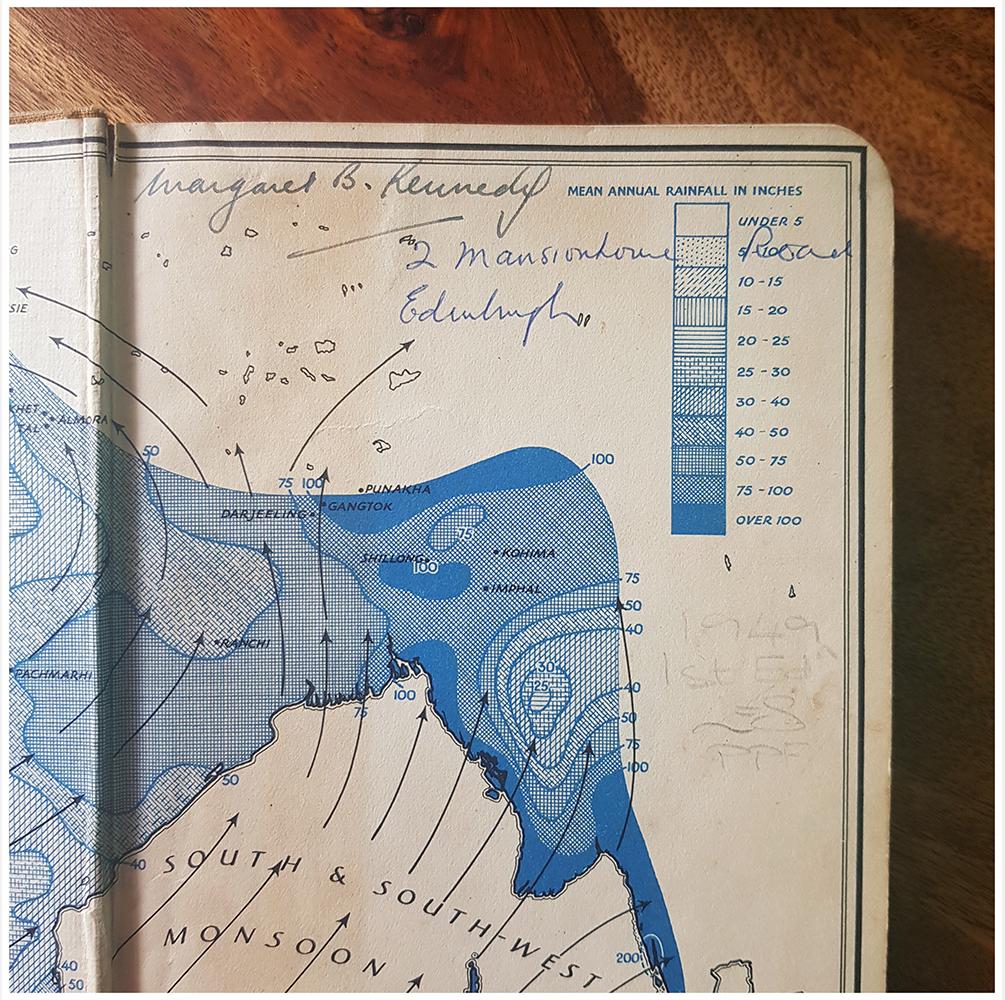Three Poems
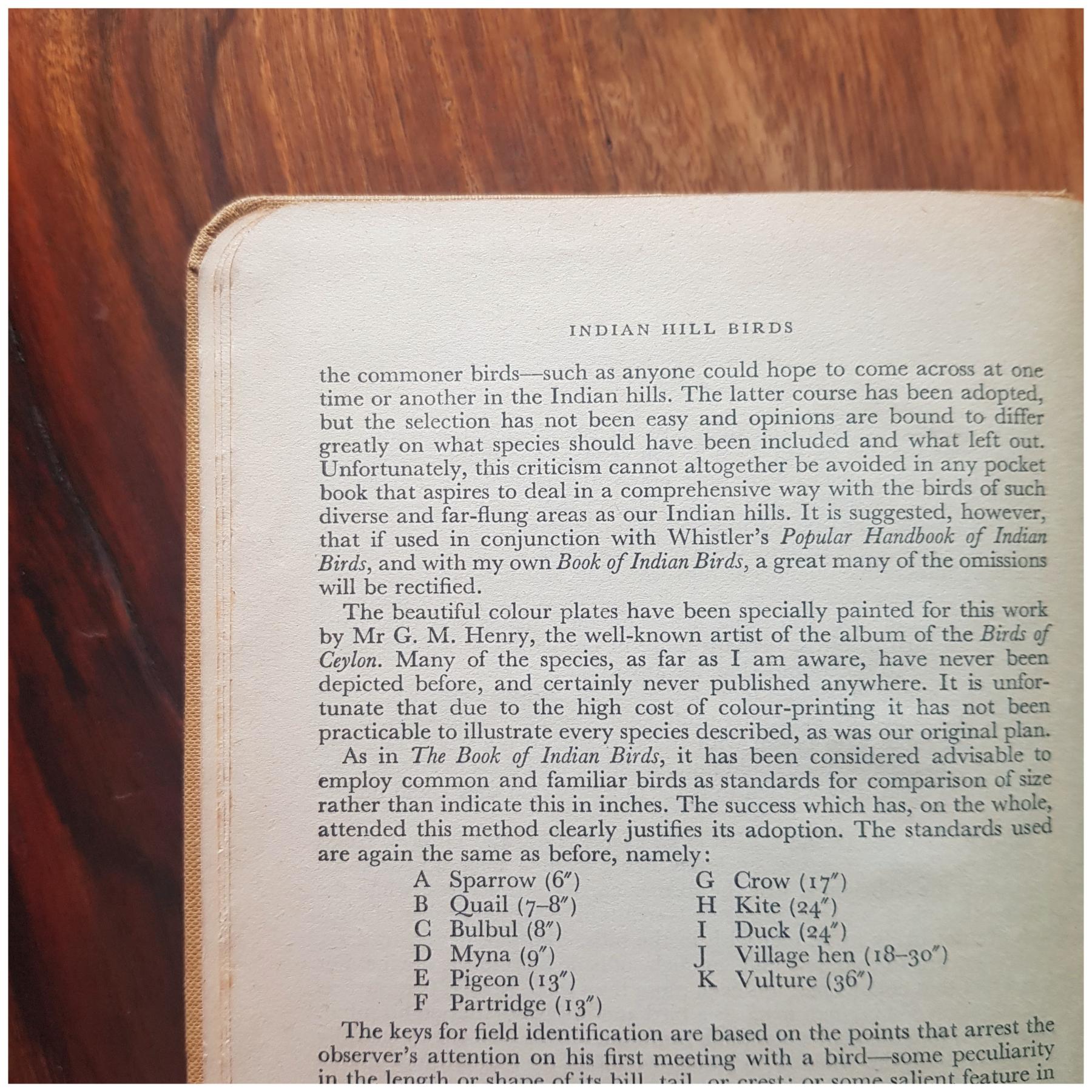
Found Poem: Verditer Flycatcher
The green rust of copper, says Ali.
And a black patch
in front of the eyes. The soil
squeezes out a rainy May. Kausani
on my birthday. There was dizziness
the gift of breath, an imminent coming
everywhere. You will find it, says Ali, in the forested
hillsides, well-wooded gardens, electric wires.
Why am I here? In the limbo
of pages, a stranger’s gasp of recognition, gutter-
space between plates, reeling
incoherently, settling a species
of my mountain familiar. This flycatcher.
My lens is too small to catch its exposed twig perching.
It launches agile sallies after
winged insects, says Ali.
But my shifting hands
tremble so. The eyehole
cracks open. I, too, am perched
exposed on a slippery path
holding my camera like a non-believer’s prayers.
It is a bold and confiding
little creature, says Ali.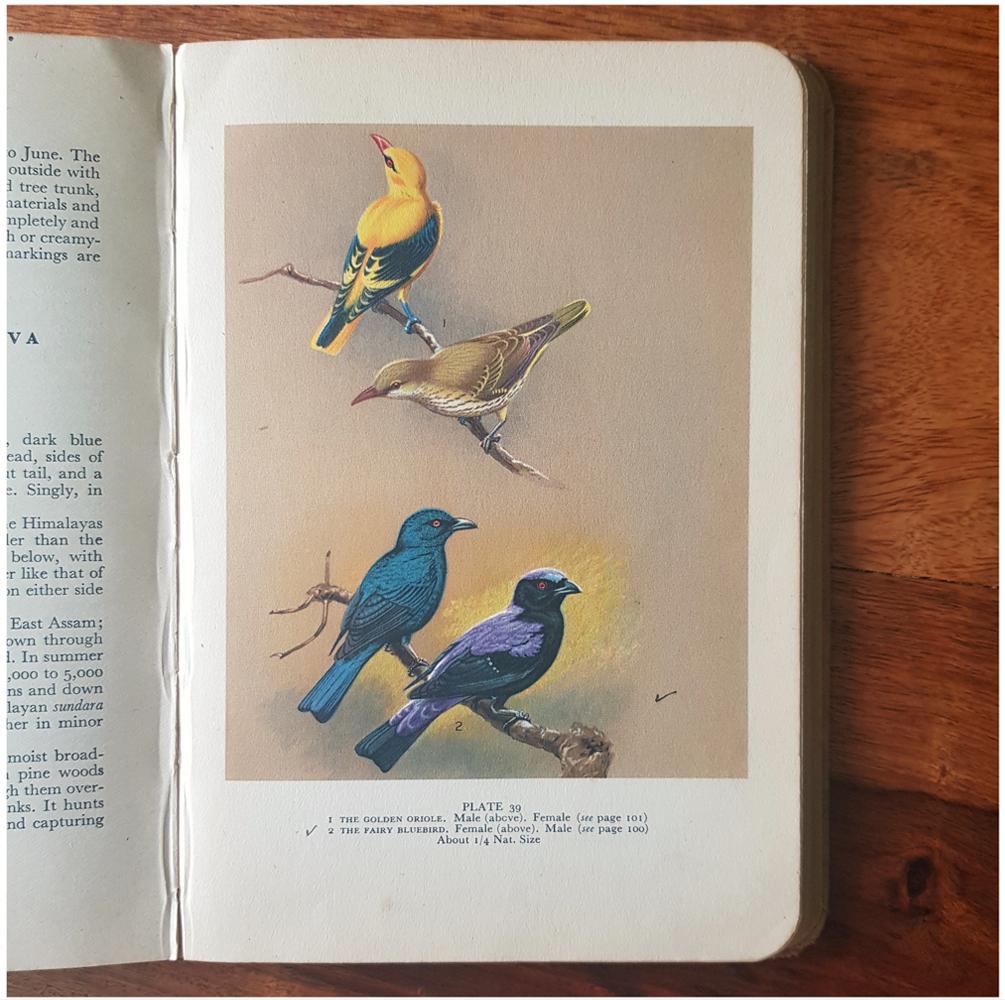
Indian Hill Birds
(i) On Size
How do you measure
a bird in the wild? The eye scans
a rumour from the beak
to the end-tip. What about the wing
span? Will the ruler measure
a tail that is kite-ribbon, or current
of restless fish? Sometimes the tape
is not enough and the calliper
too sharp. It tightens
around the body. The standards
refer to all that’s common. The sparrow
is six inches; the vulture
thirty-six. And in between
bulbul, mynah, pigeon,
crow. The key crawls
back to them. A beastly
almanac that says palm-sized, arm-sized,
horn-sized, strut-sized, love-sized. The book
cannot claim this. The birds
are only page-sized.
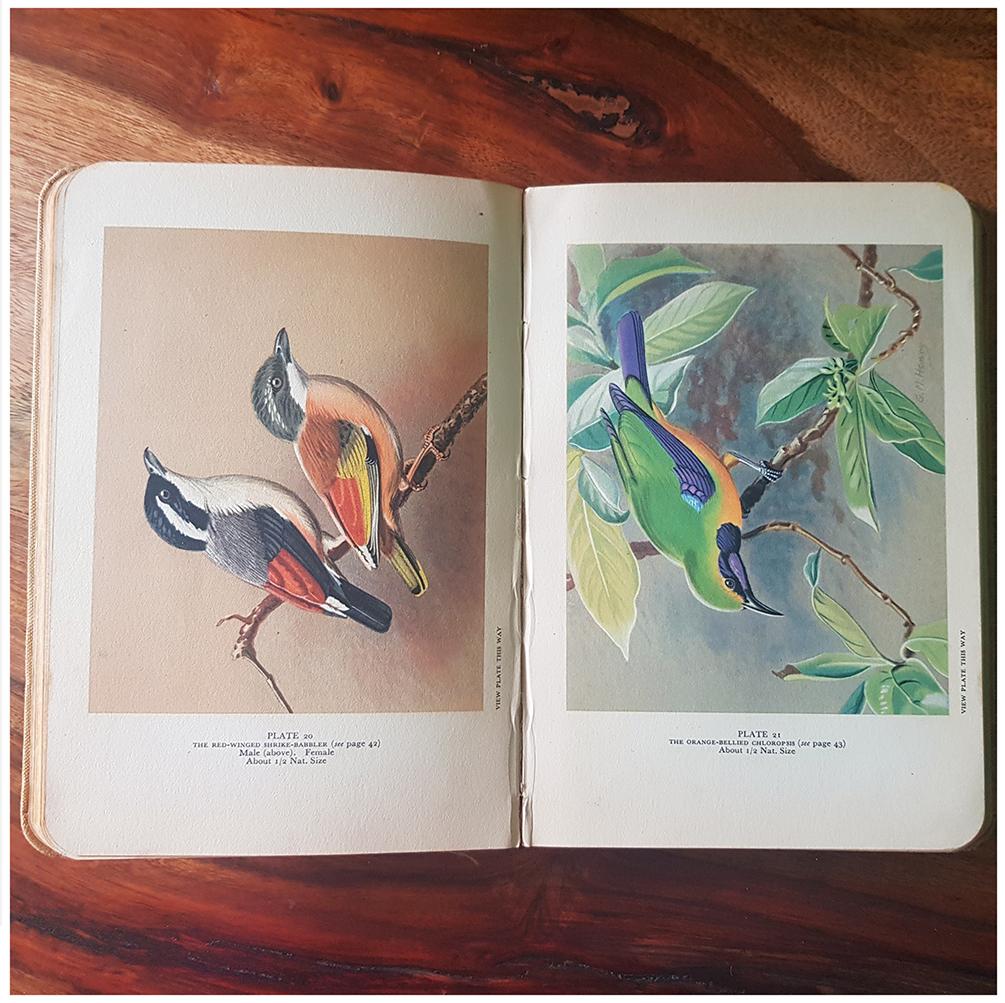
(ii) On Colour
For G.M. Henry, Illustrator
I can’t name the birds now.
They don’t exist
with their ancient names. Their painted
shapes surge out of the pages
in pre-pixel innocence and sing
near the lantana, on swinging
creepers, from mountain tops
unaware they are no longer
what they used to be.
Indian Blue Chat, Kashmir
Red-flanked Bush Robin, Blue-headed
Rock-thrush: unrecognisable in language
ciphered in colour instead.
The blues of a narrow incision
in memory, a never-ending indigo that lives
like a lightheaded note in the city, the hollow
yellow of a sideways, flickering
geometry, orange of a fickle
wingtip. And in all
bokeh of a large flatbrush
mixing browns and greens
of a hunger, distracted
and chaste.
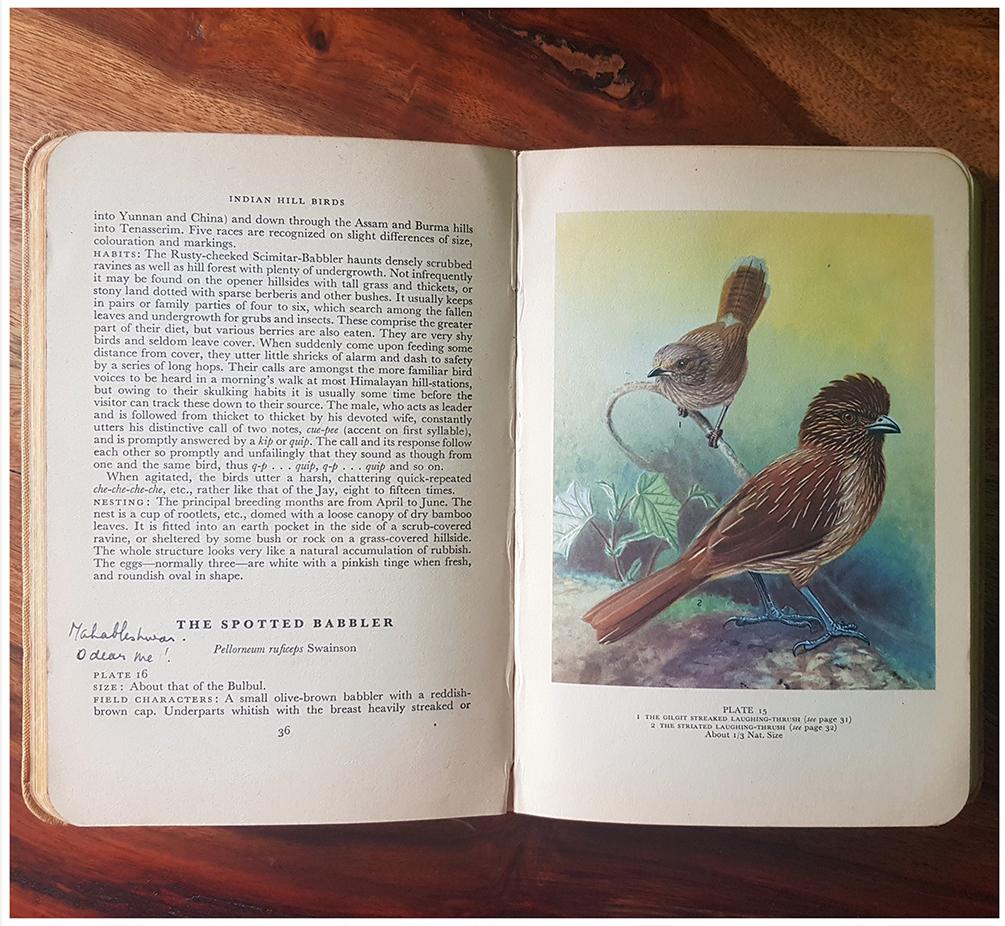
(iii) On Identification
Any discovery
is a nightlong lament.
A poring over of field guides, seeing
the organism burnt
on paper, the calls rendered
like magic (phwee-
phwee-phwee).
Here’s the rictal spot, there’s the purple
rump; here’s the conspicuous
supercilium, there’s the flare
of a vermilion fan. What will this alertness
tear into flesh? An expansion
of lichen and fern
roots, aerial and majestic
ever-ready clouds
will usurp all mind, all body.
And I will run headlong
into the words like a bird
secretly hopping in the undergrowth
keeping the bonewhite
of its feathers hidden. 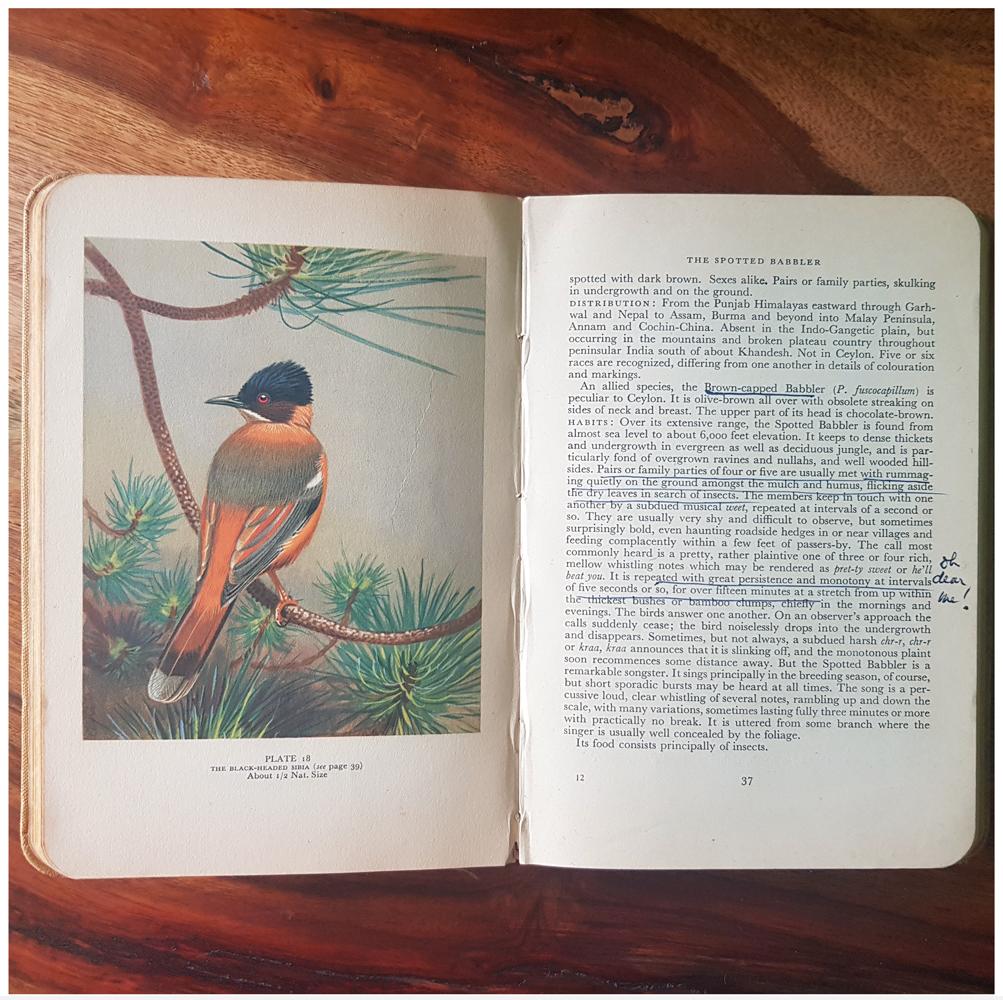
Margaret’s Marginalia
“Oh dear me!” writes Margaret
when either the bird or the prose
that props it gets too much for her. It is repeated
with great persistence and monotony at intervals of five seconds or so…
the call of the babbler either pret-ty sweet or he’ll beat you
and Margaret can only underline quickly, her lines jagged
for once, and write O dear me!
Her ink loops through the pages
now blueblack, now faint
cursive strokes of prim ticks and travels. I saw
this/I saw that. Each bird seen
stained with a shy mark. Is she dead now? Was she twenty
in 1950? A coloniser’s daughter? And was she shy?
Perhaps not. Perhaps scribbling Darjeeling, Pachmarhi
Mahableshwar could balance the map. The periphery
of the book is burdened by crosses
and exclamations. Loss
in the parenthetical “heard only”
or rupture of “en route” when you are not ready
for a sighting, but there is the grace
and miracle of an appearance.
A hurried celebration of wings, a straining
song, a confusion in the bushes
when you least expect it. And an exhaustion
in the swift list on endpaper.
The birds have different names now
dated like pen and ink notes
condemned to the frailty of pages, windblown
travel-weary, blotted by water. 